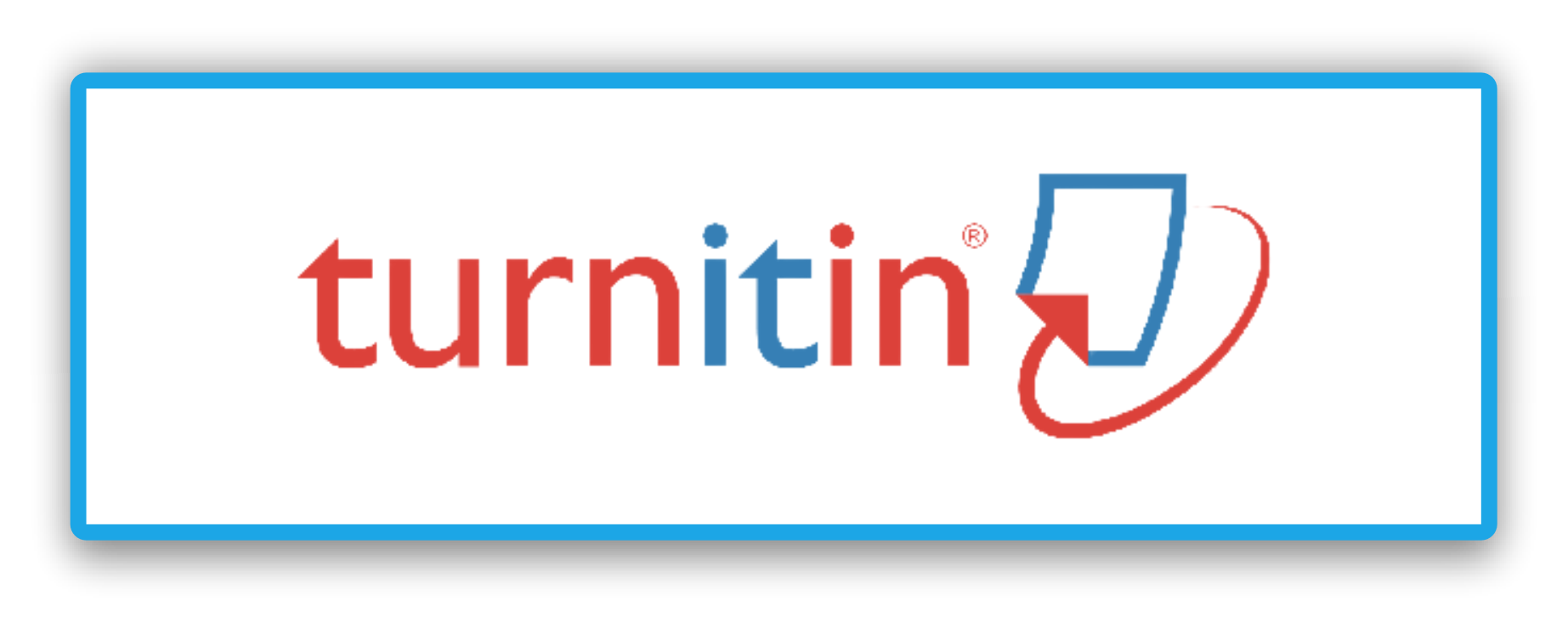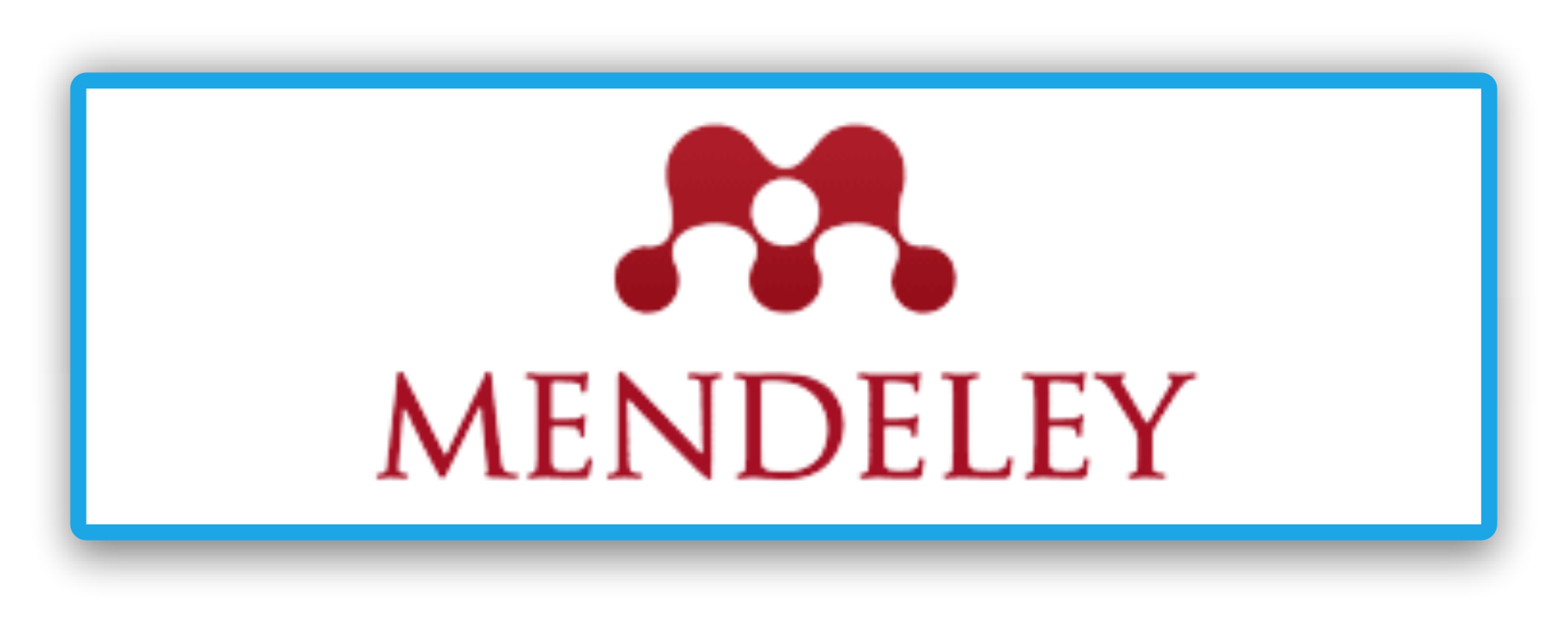PEMBELAJARAN PENDIDIKAN AGAMA ISLAM DI SEKOLAH DASAR: ANALISIS TERHADAP KOMPETENSI GURU, STRATEGI DAN KUALITAS HASIL
Abstract
Kata Kunci sertifikasi; Pendidikan Agama Islam; guru, siswa
Full Text:
PDF (Bahasa Indonesia)References
Abdulbaki, K., Suhaimi, M., Alsaqqaf, A., & Jawad, W. (2018). The Impact of Using The Lecture Method on Teaching English at University. European Journal of Education Studies, 4(5), 285–302. https://doi.org/10.5281/zenodo.1238871
Afurobi, A., Izuagba, A., Obiefuna, C., & Ifegbo, P. (2015). Effects of the Use of Lecture Method and Wordle on the Performance of Students Taught Curriculum Studies 1: EDU222. Journal of Education and Practice, 6(18), 142–150.
Agung, I. (2018). Improvement of Teacher Competence and Professionalism and School Management Development in Indonesia. American Journal of Educational Research, 6(10), 1388–1396. https://doi.org/10.12691/education-6-10-8
Asif, T., Guangming, O., Haider, M. A., Colomer, J., Kayani, S., & Amin, N. ul. (2020). Moral Education for Sustainable Development: Comparison of University Teachers’ Perceptions in China and Pakistan. Sustainability, 12(3014), 1–20. https://doi.org/:10.3390/su12073014
Bambang. (2019). Profil Pendidikan dalam Perspektif Al-Quran. Ruhama: Islamic Education Journal, 2(2), 47–68.
Banerjee, S., Das, N., & Mohanty, A. (2014). Impact of Teacher Competence and Teaching Effectiveness on Students’ Achievement in Life Science Subject at the Upper Primary Stage. Indiana Education, XXXIX(4), 29–48.
Barra, E. De, & Carbone, S. (2020). Bridging Inequality: Cooperative Learning Through Literature in Two Vulnerable Schools in Santiago. Profile: Issues in Teachers’ Professional Development, 22(2), 49–63. https://doi.org/https://doi.org/10.15446/profile. v22n2.81384 This
Celik, S. (2011). Characteristics and Competencies for Teacher Educators: Addressing the Need for Improved Professional Standards in Turkey. Australian Journal of Teacher Education, 36(4), 73–87. https://doi.org/10.14221/ajte.2011v36n4.3
Darling-Hammond, L., Flook, L., Cook-Harvey, C., Barron, B., & Osher, D. (2020). Implications for educational practice of the science of learning and development. Applied Developmental Science, 24(2), 97–140. https://doi.org/10.1080/10888691.2018.1537791
Djudin, T. (2019). The Effect of Teaching Method and Lecture Program on Students’ Satisfaction. Journal of Education, Teaching and Learning, 3(1), 121–128. https://doi.org/10.26737/jetl.v3i1.322
Falloon, G. (2020). From digital literacy to digital competence: the teacher digital competency (TDC) framework. Educational Technology Research and Development, March 2020. https://doi.org/10.1007/s11423-020-09767-4
Fitri, R., & Yogica, R. (2018). Effectiveness of concept-based learning model, drawing and drill methods to improve student’s ability to understand concepts and high-level thinking in animal development course. SEMIRATA- International Conference on Science and Technology 2018, 1–7. https://doi.org/10.1088/1742-6596/1116/5/052040
Gull, F., & Shehzad, S. (2015). Effects of Cooperative Learning on Students’ Academic Achievement. Journal of Education and Learning, 9(3), 246–255.
Guo, L. (2014). Preparing Teachers to Educate for 21 st Century Global Citizenship : Envisioning and Enacting. Journal of Global Citizenship & Equity Education, 4(1), 1–23.
Hakim, A. (2015). Contribution of Competence Teacher (Pedagogical, Personality, Professional Competence and Social) On the Performance of Learning. The International Journal of Engineering and Science (IJES), 4(2), 1–12.
Iftitah, N. R., & Siswanto. (2020). Child Friendly Education and Its Implication in Establishing Humanist Teacher’s Profile: Considering ‘ Abdullāh Nāshih ’Ulwān’s Thought. DAYAH: Journal of Islamic Education, 3(2), 154–168. https://doi.org/10.22373/jie.v3i2.7213
Indrawati, R. M. (2013). Peningkatan Aktivitas dan Hasil Belajar Materi Peristiwa Sekitar Proklamasi Melalui Bermain Peran. Journal of Elementary Education, 2(4), 15–22.
Jabri, U. (2017). The Profile of Ennglish Teachers’ Professional Competence and Students’ Achievement at SMA Negeri 1 Enrekang. EDUMASPUL: Jurnal Pendidikan, 1(2), 61–77.
Kani, U. M., & Sa’ad, T. U. (2015). Drill as a Process of Education. European Journal of Business and Management, 7(21), 175–178.
Maison, Astalini, Kurniawan, D. A., & Sholihah, L. R. (2018). Student’s Attitude Description Toward Physics on Secondary School. Tersedia Online Di EDUSAINS, 10(1), 160–167.
Neliwati, Marbun, D., & Mahariah. (2019). The Implementation of Curriculum Based Indonesian National Qualification Framework (KKNI) in Islamic Education Study Program at The Islamic Higher Education in Medan. IJLRES-International Journal on Language, Research and Education Studies, 3(1), 71–84. https://doi.org/10.30575/2017/IJLRES-2019010406
Nwabueze, A., & Igbinedion, D. A. (2018). The Implications of Cooperative Learning Strategy on Studens’ Academic Achievements. African Journal of Education and Technology, 3(1), 115–124.
OECD. (2012). Equity and Quality in Education: Supporting Disadvantaged Students and School. OECD Publishing. https://doi.org/http://dx.doi.org/10.1787/9789264130852-en
OECD. (2015). Education in Indonesia Rising to The Challenge. OECD Publishing. https://doi.org/http://dx.doi.org/10.1787/9789264230750-en
Seechaliao, T. (2017). Instructional Strategies to Support Creativity and Innovation in Education. Journal of Education and Learning, 6(4), 201–208. https://doi.org/10.5539/jel.v6n4p201
Selvi, K. (2010). Teachers’ Competencies. Cultura. International Journal of Philosophy of Culture and Axiology, VII(1), 167–175. https://doi.org/10.5840/cultura20107133
Siregar, P. So., Wardani, L., & Hatika, R. G. (2017). Penerapan Pendekatan Pembelajaran Aktif Inovatif Kreatif Efektif dan Menyenangkan (PAIKEM) pada Pembelajaran Matematika Kelas IV SD Negeri 010 Rambah. Jurnal Pemikiran Dan Pengembangan SD, 5(2), 743–749.
Stavreva, S., Koleva, L., & Djokic, M. (2011). The effect of teaching methods on cognitive achievement in biology studying. Procedia - Social and Behavioral Sciences, 15, 2521–2527. https://doi.org/10.1016/j.sbspro.2011.04.138
Sudrajat. (2017). Teachers Professionalism and The Challenge Of Education In A Global Era. AL MURABBI, 3(2), 211–227.
Sumardjoko, B., Shobron, S., Muthoifin, & Purnamansyah. (2020). Teacher Certification and Professionalism in Indonesia. International Journal of Advanced Research and Technology, 29(8), 640–648.
Tisnelly, Ritonga, M., & Rasyid, A. (2020). The Competency of Islamic Education Teachers in Madrasah Ibtidaiyah 1 West Pasaman After Certification. Ruhama: Islamic Education Journal, 3(1), 45–56. https://jurnal.umsb.ac.id/index.php/ruhama/article/view/1940/1616
Tran, V. D. (2014). The Effects of Cooperative Learning on the Academic Achievement and Knowledge Retention. International Journal of Higher Education, 3(2), 131–140. https://doi.org/10.5430/ijhe.v3n2p131
Tunca, N., Şahin, S. A., Oguz, A., & Güner, H. Ö. B. (2015). Qualities of Ideal Teacher Educators. Turkish Online Journal of Qualitative Inquiry, 6(2), 112–148. https://doi.org/10.17569/tojqi.48192
Ulum, M., & Handoko, G. (2019). Implementation of Active Creative Effective and Fun Learning (PAKEM) in Class VII Islamic Education Subjects in Jetis Ponorogo N 1 Middle School. Educan: Jurnal Pendidikan Islam, 3(1), 114–136.
Van Den Beemt, A., Thurlings, M., & Willems, M. (2020). Towards an Understanding of Social Media use in the Classroom: a Literature Review. Technology, Pedagogy and Education, 29(1), 35–55. https://doi.org/10.1080/1475939X.2019.1695657
Vieira, F. (2020). Pedagogy of Experience in Teacher Education for Learner and Teacher Autonomy. Profile: Issues in Teachers’ Professional Development, 22(1), 143–158. https://doi.org/https://doi.org/10.15446/profile.v22n1.78079
Vleuten, C. Van Der, & Sluijsmans, D. (2017). Competence Assessment as Learner Support in Education. Technical and Vocational Education and Training Issues, Concerns and Prospects, 23, 607–630. https://doi.org/10.1007/978-3-319-41713-4
Windradini, I. (2020). Kesesuaian Kompetensi Lulusan Prodi Pendidikan Tata Boga Terhadap KKNI dan Bahan Kajian. HEJ Home Economics Journal, 4(1), 10–19.
Yuwono, U. (2019). Ideologies underpinning the Indonesian National Qualification Framework (IQF) for higher education website text. Indonesian Journal of Applied Linguistics, 8(3), 668–677. https://doi.org/10.17509/ijal.v8i3.15271
Zakirman, Lutfi, & Khairani. (2019). Factors Influencing the Use of Lecture Methods in Learning Activities: Teacher Perspective. 1 St International Conference of Innovation in Education, 178(ICoIE 2018), 4–6.
DOI: https://doi.org/10.31869/ruhama.v3i2.2221
Article Metrics
Abstract view : 355 timesPDF (Bahasa Indonesia) - 214 times
Refbacks
- There are currently no refbacks.
INDEXED BY :
Pascasarjana UM Sumatera Barat
Jl. Pasir Kandang No.4, Pasie Nan Tigo, Kec. Koto Tangah, Kota Padang, Sumatera Barat 25586.
 This work is licensed under a Creative Commons Attribution-ShareAlike 4.0 International License.
This work is licensed under a Creative Commons Attribution-ShareAlike 4.0 International License.












